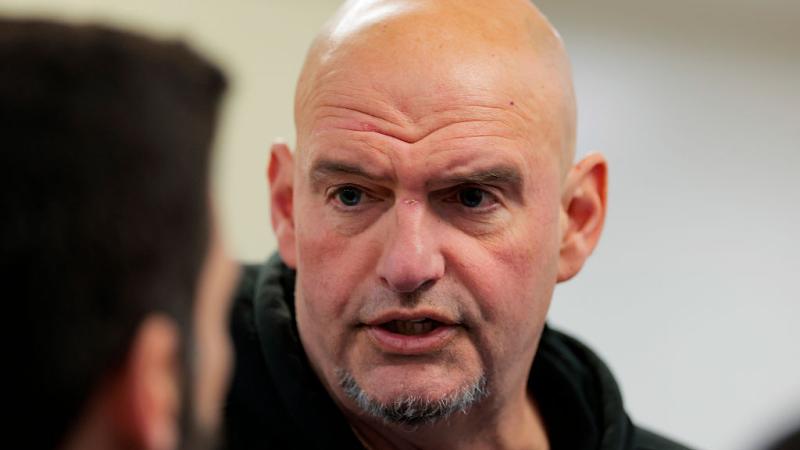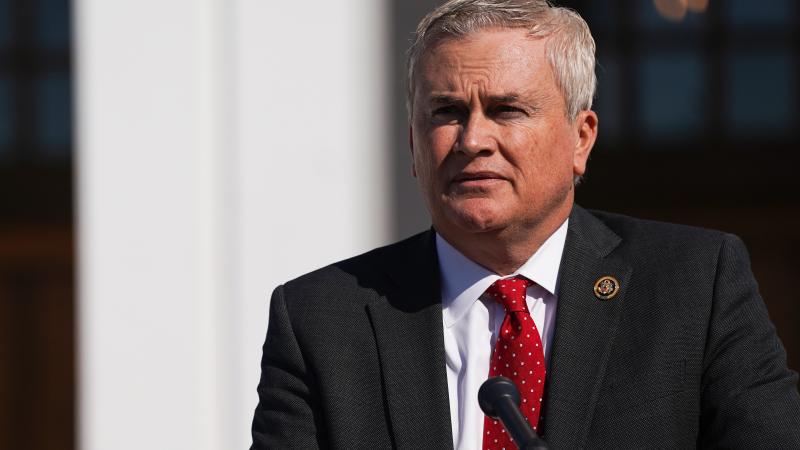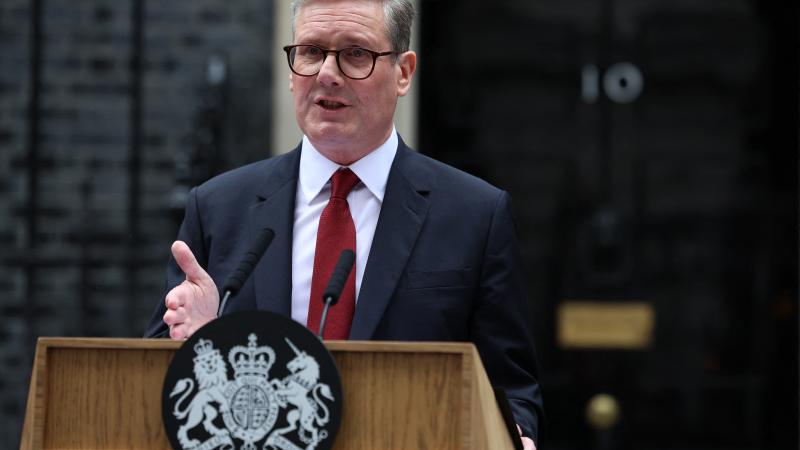Opposition to House-passed megabill from conservative senators could lead to changes, delays
Prior to House passage of the legislation, GOP leaders said the goal was to send the bill to President Trump by July 4. That is not a certainty.
Opposition from some conservative GOP senators to the "Big Beautiful Bill Act” that passed the House could lead to significant changes to the legislation that might delay the budget reconciliation process.
Prior to House passage of the legislation, GOP leaders said the goal was to send the bill to President Trump by July 4.
Senators including Ron Johnson of Wisconsin, Rick Scott of Florida and Mike Lee of Utah -- all Republicans -- have voiced opposition to the House-passed bill in its current form.
The bill contains an extension of the 2017 Trump tax cuts as well as new tax benefits, such as eliminating tax on tips and overtime pay. It would also raise the standard deduction for seniors and allow taxpayers to deduct up to $10,000 of interest on car loans.
Deficits may be the sticking point
House Speaker Mike Johnson, R-La., said the bill would reduce federal spending by $1.5 trillion over 10 years, but conservatives have argued that the bill should return the federal government to pre-COVID pandemic spending levels.
The Committee for a Responsible Federal Budget reported that the House version "massively" increases deficits in the short term. "We estimate the House bill would boost the FY 2027 deficit – the deficit in the first year the policies would be fully in effect – by nearly $600 billion, or 1.8 percent of Gross Domestic Product," read a CRFB analysis. "That’s the net effect of roughly $770 billion of new borrowing and only $180 billion of offsets."
The GOP is using the budget reconciliation process to pass the 1,100-page megabill as a way to bypass the filibuster in the Senate and avoid reliance on votes from Democrats. Both parties have used the budget tool in the past.
Lee said that there is no chance the bill could pass in the Senate right now.
"The Big, Beautiful Bill is big isn’t yet as beautiful as it needs to be, but there’s still time to fix it. And the Senate version is going to be more aggressive,” Lee said on Charlie Kirk's show this week. “It can and I think it has or else it’s not going to pass."
He noted that the Republicans in the House included "some wins" in the bill but more needs to be done on the spending side. "This bill extends the Tax Cuts and Jobs Act to make sure that we don’t end up with a $4 trillion tax bomb going off and exploding in front of the American people, it helps to revitalize the military, it funds the completion of the southern border wall, helps fund the crackdown on illegal immigration. Those are all great things," he said.
Sen. Johnson said he thinks there is enough opposition among conservatives to stop Senate passage of the House bill, which was approved by only 1 vote.
"I think there are enough [votes] to slow this process down until the president and our leadership get serious about returning to a pre-pandemic level," Johnson said at a Milwaukee Press Club event on Wednesday.
Scott: "It doesn't balance the budget"
Scott said he personally wouldn't vote for the House bill as it is written, arguing that the spending cuts do not go far enough.
“The Democrats have increased the budget by over 50% in the last five years. The House bill cuts spending by less than 2% over the next 10 years. It doesn’t balance the budget. Doesn’t even come close to balancing the budget,” Scott said on Fox News this week.
"The American taxpayer has said they don’t want to give us higher taxes. They don’t like the taxes we have now. They’re not giving us more money. What we’ve got to do is do what every family does. We’ve got to go through every line of the budget," he added.
Elon Musk, upon exiting the Department of Government Efficiency, told CBS News on Tuesday that the megabill “increases the budget deficit” and “undermines the work that the DOGE team is doing.” Musk said he was "disappointed" that it doesn't reduce spending more.
“A bill can be big or it can be beautiful,” Musk said. “But I don’t know if it can be both.”
Speaker Johnson has called on senators not to make significant changes to the bill, given that he can't afford to lose GOP votes in the House.
More change lessens chances of reconciliation
“I encourage them to do their work, of course, as we all anticipate,” Johnson said on Sunday on “State of the Union” with CNN's Jake Tapper.
"But to make as few modifications to this package as possible, because remember that we’ve got to pass it one more time to ratify their changes in the House. And I have a very delicate balance here, very delicate equilibrium that we’ve reached over a long period of time. And it’s best not to meddle with it too much," he added.
In addition to opposition from conservatives, the Senate's "Byrd rule" is another factor that could delay passage of the bill out of Congress to Trump's desk.
According to Sen. Chuck Grassley's office, the Byrd rule is "one of those pillars that prevents unrelated legislative agendas from evading Senate deliberation. Whereas the House had a tough row to hoe to pass the reconciliation package, the Senate has an even narrower row to cultivate to get to the finish line."
The Iowa Republican's office explained that "debate in the Senate is limited to 20 hours and amendments must be germane." His office said the Byrd rule was "adopted to preserve the deliberative nature of the Senate and protect the integrity of the reconciliation process."














